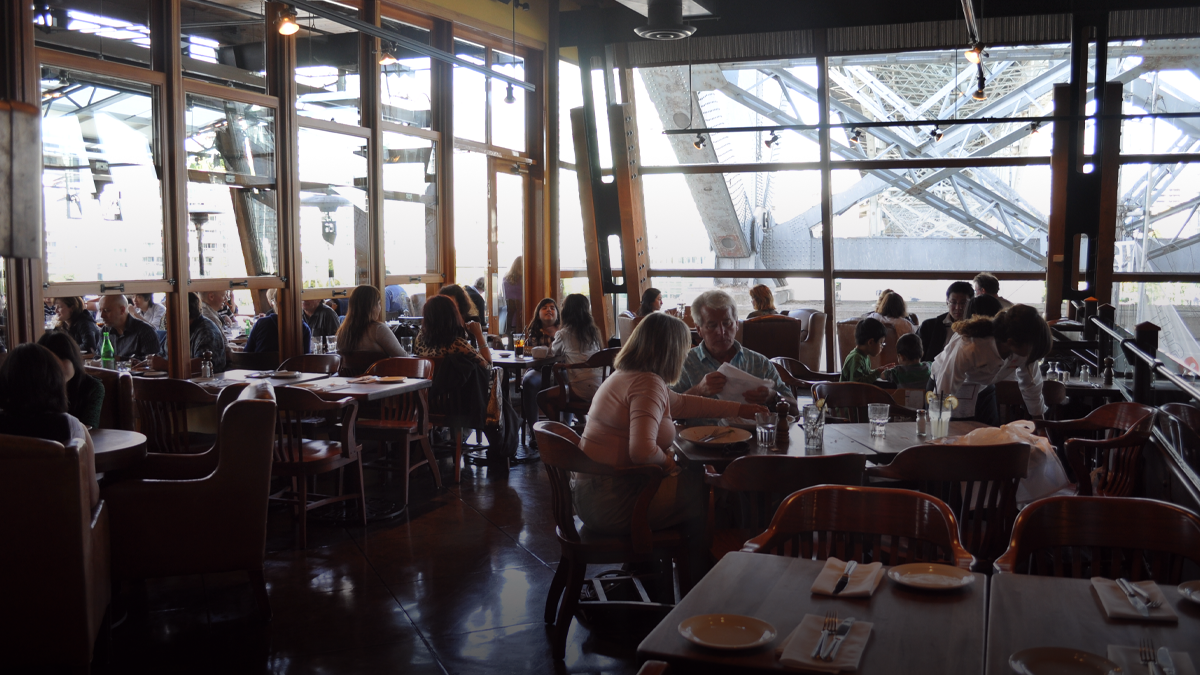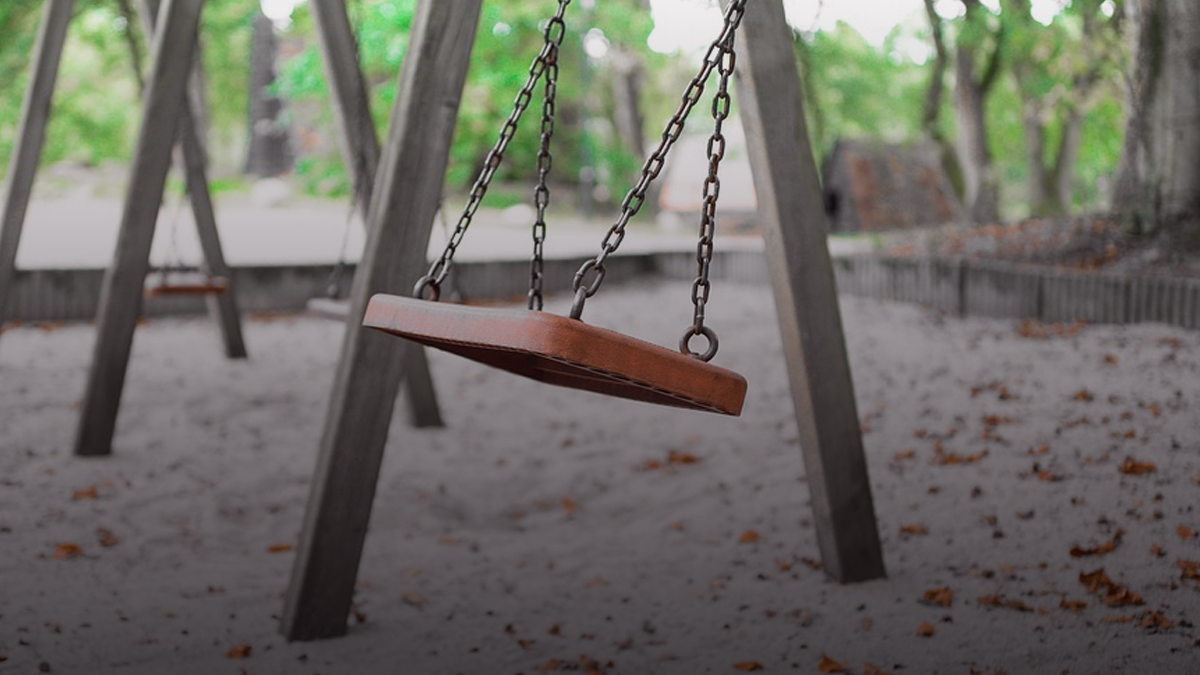According to Statistics Canada’s April labour force survey Canada lost a staggering 2 million jobs in April as the coronavirus shut down the Canadian economy.
The government agency reported on Friday that the unemployment rate increased by 5.2% in April to 13%.
“In April, both full-time (-1,472,000; -9.7%) and part-time (-522,000; -17.1%) employment fell. Cumulative losses since February totalled 1,946,000 (-12.5%) in full-time work and 1,059,000 (-29.6%) in part-time employment,” the agency wrote.
Statistics Canada reports that since the economic shutdown began in February, 2 million people have lost their jobs and another 2.5 million have seen their hours significantly reduced.
Their report also added that the job losses seen as a result of Canada’s economic shutdown are unprecedented, even when compared to past recessions.
“Total unemployment grew by 1,285,000 (+113.3%) from February to April. By comparison, during the 1981-1982 recession unemployment rose by 763,000 (+88.6%) over the course of 16 months,” Statistics Canada wrote.
“In April, almost all (97.0%) of the newly-unemployed were on temporary layoff (not seasonally adjusted), indicating that they expected to return to their former employer as the shutdown is relaxed.”
When broken down by province, Quebec saw the largest decrease in total employment (-18.7%) and Saskatchewan saw the smallest (-12.7%).
Amongst the worst hit sectors were the accommodation and food services (-49.1%), construction (-19.8%) and wholesale and retail trade (-19.7%).
In previous months the Trudeau government had announced massive aid packages to Canadians and businesses to help them deal with the coronavirus-related shutdowns.
Prime Minister Justin Trudeau announced an $82 billion aid package in March to help aid the Canadian economy — the package was equivalent to 3% of Canada’s GDP.
When additional announcements such as an increased wage subsidy for some businesses and a $9 billion emergency benefit for students are added, the total of government aid spending rises to $145.6 billion.
In April the Parliamentary Budget Officer projected that the federal deficit will increase from $27.4 billion in 2019-20 to $184.2 billion in 2020-21.
The PBO also projects that the budget to GDP ratio will increase to 8.5% in 2020-2021 — the highest ratio since the Second World War.





























